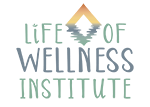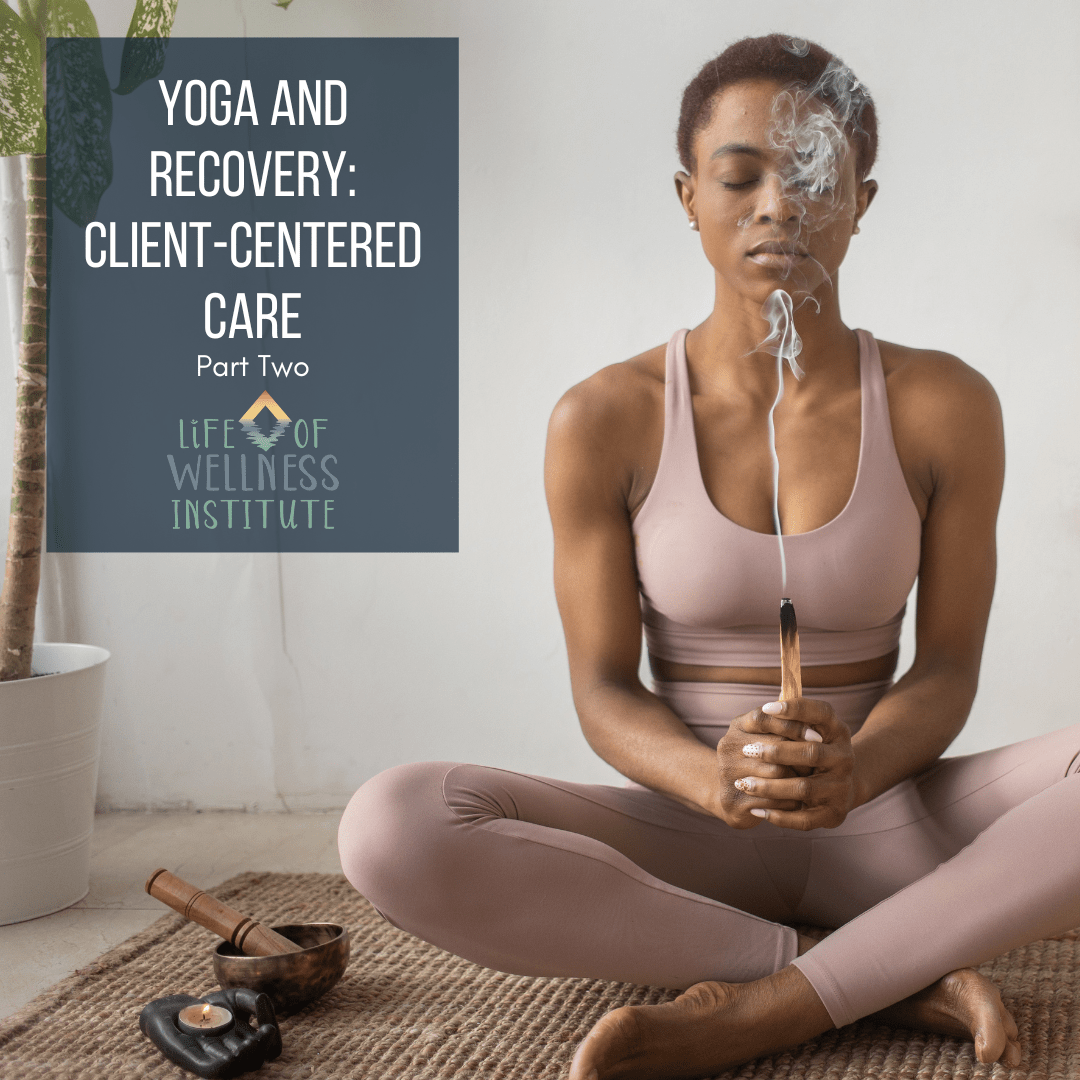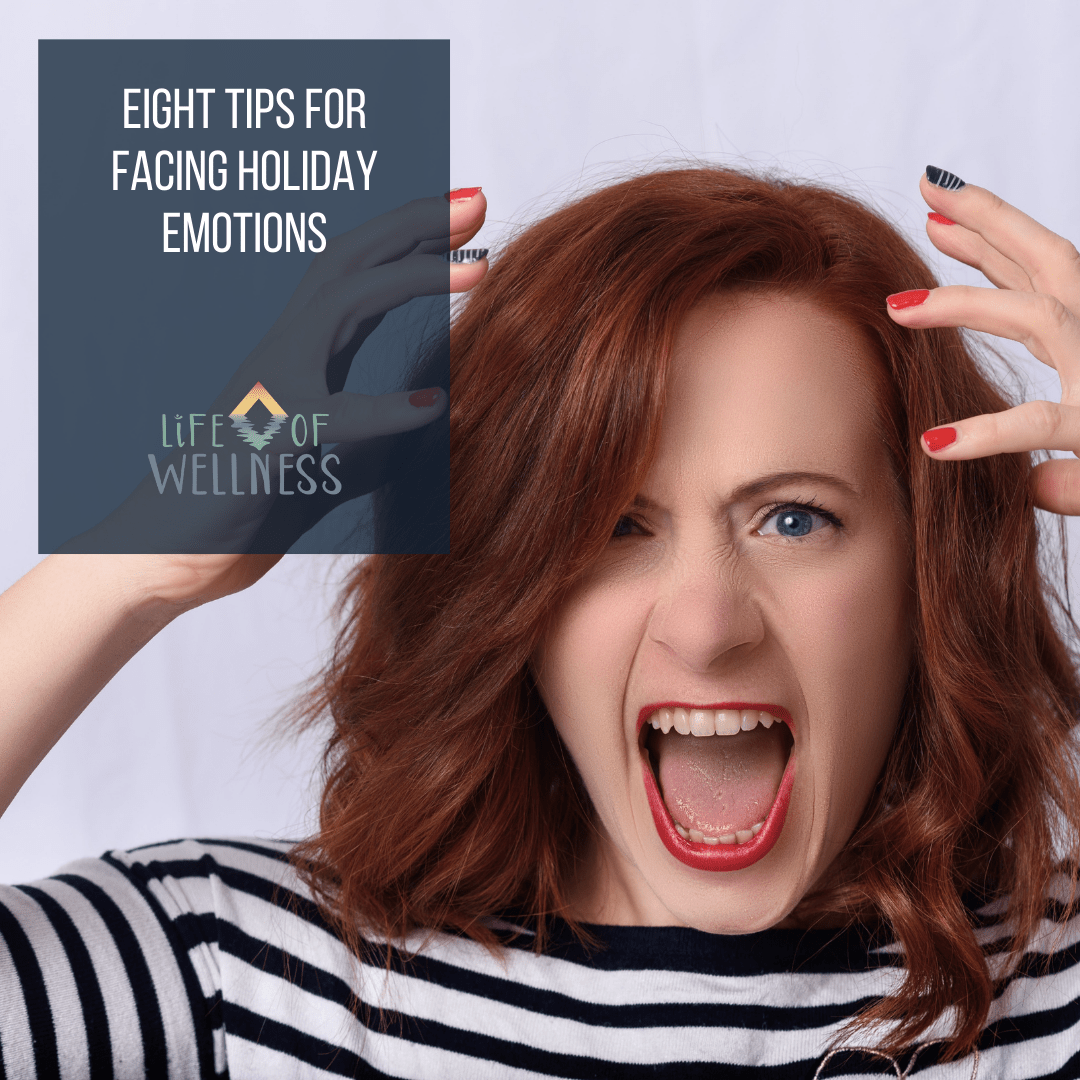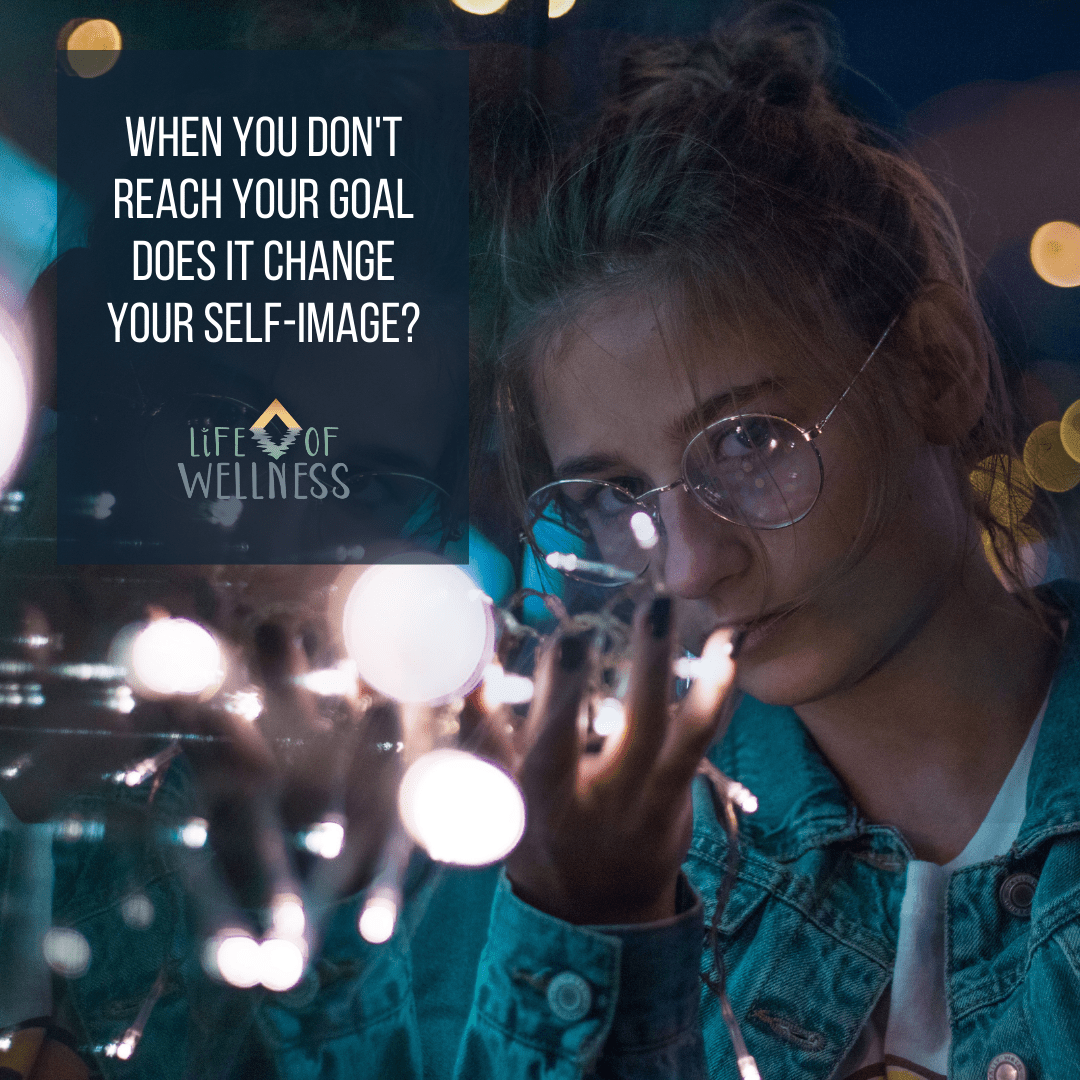If you’re like me, you’re probably no stranger to the feeling of isolation and emptiness. That feeling of hollowness lingers no matter what you do to try to fill it. For me, this feels like an emptiness within me, the size of the Grand Canyon. I am frozen, unable to cry out for help—I am empty and alone.
Have you ever felt like you were trying to fill a void? Unlike filling a glass or a pool with water—it is like filling an ocean that feeds lakes, rivers, and streams. This is my experience of what an eating disorder binge feels like. It isn’t a lack of willpower or self-control. In fact, it rarely is about food. No matter how much you eat, you are never satisfied or able to fill the void.
PTSD and eating disorders often go hand-in-hand. PTSD can lead to unhealthy coping mechanisms, such as using food to numb oneself from the pain or fill the emptiness within us. It can lead to a vicious cycle of overeating and feeling guilty and ashamed, leading to more PTSD symptoms.
Looking back
I couldn’t have known or understood what was happening on my own—when I felt this extreme level of isolation and a massive void within me, I was reliving my first trauma. I didn’t want to feel that way, so I would turn to food to fill that emptiness. Only the emptiness would never go away.
In this series, we will talk about recovery from PTSD and Eating Disorders. I will share my personal experience, what helped me to recover, and how to find help. I can not stress enough—it is essential to seek help if you are struggling with PTSD, an eating disorder, or any other mental health challenge. Recovery is possible, and it is a process that takes time and support.
Childhood Trauma and Emotional Isolation
My first trauma memory is a combination of loud sounds, a fury of movement that felt so fast it was a blur, and sporadic moments that seem frozen in time. I remember being startled awake and bolting out of bed to find out what was happening. I was looking for the comfort of my parents, for them to tell me everything was ok. While I could see a glimpse of them, there was a wall of people between us and so many loud and scary voices. I stood behind the wall, trying to see through to my parents, but after a while, I realized that no one noticed I was there, nor were they looking for me. I was alone and frozen in fear.
Like candle wax, it felt like the walls around me were melting away, and the life I had known was gone. The lightness of my early childhood turned into a darkness that would surround me for years. Frozen in fear, I felt empty, invisible, and alone.
Compassion and Comfort
In the next glimpse, it is as though I was transported to another time. I am now having tea in my gramma’s living room. I have few memories of my gramma; she passed early in my life but drinking tea with her is my favorite. She always made a pot, so we had lots of tea to enjoy. Once steeped, she would fill a teacup with the Irish Blessing in delicate green letters. After having some herself and letting it cool, she would share it with me and her poodle, Sandy. We had done this together so many times before.
She was a quiet, reserved woman who never spoke about her past. I wouldn’t learn much about her until decades later, visiting our family in Ireland. I don’t remember her ever comforting me with words or physical contact. As I sat with her, she didn’t say much or tell me what was happening at home. But she went to her room and came out with a small aero bar. She quietly opened the package, broke it into cubes, and told me to stick a piece to the top of my mouth. Then she handed me her teacup and told me to drink. As the tea reached the chocolate, the aero bar began to bubble like smoothy creamy pop rocks. It was delicious.
This special experience was her way of comforting me on a tough day. I didn’t know what was happening or coming next, but the emptiness within me faded for those brief moments, and I felt loved.
The Trauma of Fear and Isolation
Since that day, I have felt that emptiness within me and an intense need to fill it. So in the remaining years of my early childhood, I looked to fill it with attention. My speech sped up to be sure I was heard. I tried to be the best kid I could, hoping my parents would notice me, hoping I could feel loved. I did extra choirs, my best in school, constantly searching for approval. But it was never enough.
My trauma compounded at twelve when my grandfather went missing. The next few years were filled with turmoil, sadness, confusion, and anger. It started with fear that he was hurt, only to find out he had left. The belief that I was alone and invisible had expanded to people I love will leave. Every family member was suffering; no one could support themselves through this pain, let alone each other.
With no place left to turn for comfort, I found myself trying to fill that emptiness with food. As a young teen who was developing early, I was surrounded by the media’s messages of a “good body” and that being overweight made you unlovable. So, I would hide food in my room and eat it when I knew I was alone or in the middle of the night—always being sure to clean up behind me and hiding the impact of exercising with extreme fear that I would always be alone and unlovable if I didn’t.
Maladaptive Coping
Since that day of the walls melting and the time with my gramma, when I need comfort or to feel safe, I will feel the vast empty hole within me and a loud and unfillable need to eat chocolate. When chocolate wasn’t available, I would turn to other foods. My dependency on exercise to hide my guilt had also become an addiction to something I could control.
But it was never the chocolate or other food I needed; it was the comfort and love I felt from the moment with my gramma. And the overexercise was never going to change how out of control my life felt, but the safety I so desperately wanted to have back.
That’s the thing about maladaptive coping and disordered thoughts of mental health—even when it wasn’t helping, I believe I just needed to do more or was too broken for anything to work. The fact that I was in pain and trying to cope with it was hidden from me and replaced with disordered thoughts that led to more maladaptive coping. As my trauma compounded again, the thoughts and the pattern of suffering and coping with food became more intense. Over time I became hypersensitive and hyperalert to feeling alone, unsafe, and uncertain. I would do anything to avoid it.
At the same time, the shame associated with binging was so intense, leading to more suffering, feeling broken, and more self-harm. This ongoing cycle fed off my trauma, leading to depression, anxiety, panic attacks, night terrors, self-harm, and dissociation. Trying to escape my suffering had now become the trauma I caused to myself.
Coming Next
The problem with mental health’s silence and shame culture is that we are afraid to tell anyone. In the next installment in this series, we will explore hiding our suffering, how we resist and avoid getting help, and the breakthrough we need to start recovery.
Help is available!
Childhood trauma can have a lasting impact on an individual. It can lead to feelings of isolation, emptiness, and despair. It can make recovery feel out of reach. There is hope, and there is help available. With appropriate help, you can begin healing the wounds of your past, learn healthy and safe coping skills, and live a full and fulfilling life. Here are some tips:
1) Seek professional help – Look for a therapist who both specializes in and has experience with what you are facing. That meant finding someone specializing in Eating Disorders, PTSD, and childhood trauma. This was essential to processing my experiences and having an expert who knew how to help. As a result, I could process the emotions associated with my childhood trauma, get EMDR therapy that helped rewire the trauma connections in my brain, and develop healthy coping mechanisms.
2) Build a support system – Lean on friends or family members who will offer love and understanding during this difficult time.
3) Join a support group: There is strength in numbers. Being around others who have been through similar experiences can be incredibly helpful.
4) Find an outlet for self-expression – Writing, painting, or any other form of creative expression can be therapeutic and help you work through your emotions in a constructive way
5) Take care of yourself: Make sure to eat well, exercise, get enough sleep, and take time for activities that bring you joy.
Resources
- Eat Breathe Thrive: Helping individuals overcome eating disorders by providing skills and resources for mindful eating, emotional resilience, and positive embodiment.
- Mindful Yoga Therapy for Veterans: Helping Veterans and their families find a calm and steady body and mind to continue productive and peaceful lives through the support of the mindful practices of yoga and education.
- Yoga for 12 Steps of Recovery: Y12SR’s Holistic Model is designed to Address the Physical, Mental and Spiritual Dis-ease of Addiction.
- Resources in the US
- National Suicide Prevention Lifeline:
- 1-800-273-8255
- Chat: https://suicidepreventionlifeline.org/chat/
- National Alliance on Mental Illness HelpLine: 1-800-950-NAMI (6264)
- National Suicide Prevention Lifeline:
- Resources in the UK
- National Suicide Helpline UK: 0800 689 5652
- HopeLine UK: 0800 068 4141
- SANELine: 07984 967 708
- Resources in Canada
- Canada Suicide Prevention Service: 833-456-4566.
- 4 pm to Midnight EST, you can Text 45645 (standard rates apply)
- For residents of Quebec, call 1 866 APPELLE (1.866.277.3553)
- Canadian Crisis Hotline: 1 (888) 353-2273
- Crisis Services Canada: Toll-Free (24/7): 1 (833) 456-4566
- Text support (4 pm-12 am ET daily): 45645
- Canadian Centre for Mental Health
- Kids Help Phone: Text Services: Text “CONNECT” to 686868 (also serving adults)
- Chat Services: https://kidshelpphone.ca/live-chat/
- Youth Text (6 pm-12 am PT): (778) 783-0177
- Youth Chat (6 pm-12 am PT): www.youthspace.ca
- Canada Suicide Prevention Service: 833-456-4566.
Educational Resources
- Stress and trauma-informed care training. A strengths-based framework grounded in the understanding and consideration of the pervasive nature and impact of stress and trauma.
- BE KIND. Embodied Wisdom Methodology (TM)
- Trauma-Informed and Body-Neutral Certified 200-Hour Viniyoga Teacher Training
- Certified 300-Hour Advanced Yoga and Ayurvedic Somatic Coaching Training




This is a great item to be highlighting. PTSD can also be entirely separate from the ED.
The world is full of people so much easier when people fell they can be themselves in a safe environment and express themselves. It last a long time but it can be overcome. For me THE PTSD far more complex than the actual eating disorder. ISOLATION causes problems for many not least Covid has done so much to highlight all this and the need for spiritual, emotional and psychological nourishment.